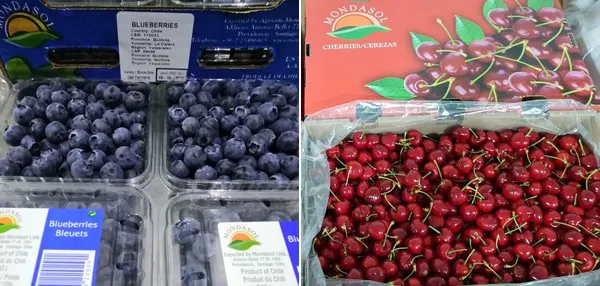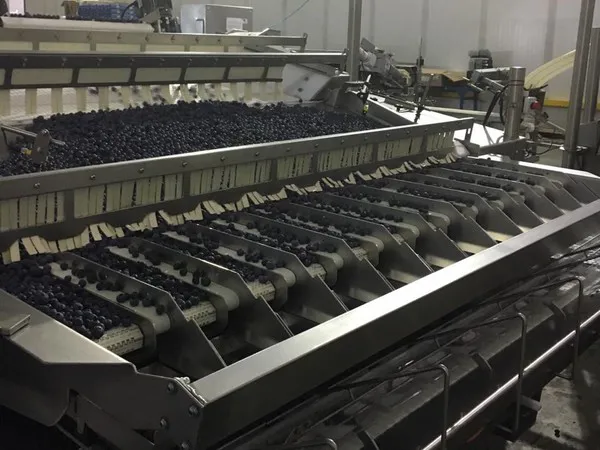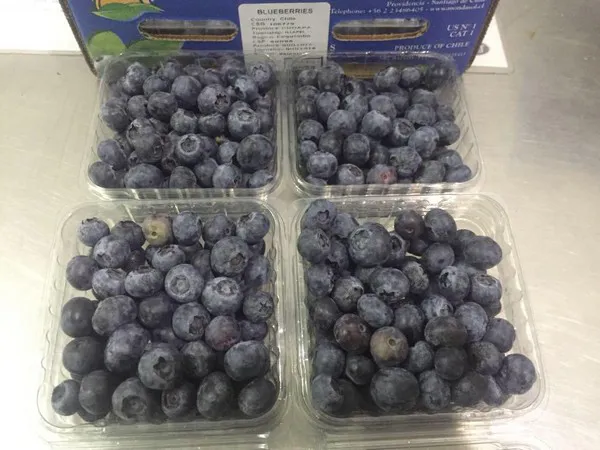This year Chile has had 70% less precipitation than average and the growers are experiencing many issues with their crops due to the drought. Mondasol is a Chilean production company whose main products are blueberries and cherries. The cherries are exported mostly to China, but the blueberries are exported to 23 different countries. The company produces multiple blueberry varieties, like Ventura, Suzyblue from Fall Creek Nursery, Emeral, Duke, and Legacy.
Jorge Salgado, the company’s CEO, says: “Irrigation has become a big problem for farmers. There have even been suggestions of leaving 50% of a farm unirrigated so that the other 50% can get more water. I believe that in the summer months from January to March, Chile will have some serious issues with irrigation. This doesn’t just apply to blueberries and cherries, but also to table grapes, peaches, and other fruits and vegetables.”

Fortunately, Mondasol hasn’t experienced major damages to their crops due to drought. Jorge explains that the company uses specific water-saving techniques to fight the dryness: “We have mulch on the ground in between our crops which helps reduce water evaporation and this helps keep the water in the ground. We have also constructed dams and wells that help us out during the summer months and we use the latest irrigation technology. We irrigate at 80% of what is needed in order to conserve water.” Despite the irrigation issues, the company still has a target of 1,200-1,500 tons of blueberries for this season, which will be exported to the U.S., Europe, the Far East and the Middle East.

Mondasol has packhouses in three distinct locations in Chile – in the north, center, and south of the country. This allows them to produce for six months out of the year. They are BRC and HACCP certified and work closely with EcoCert for their organic certification. Jorge says: “We currently produce 50% organic and 50% conventional, but we are working on becoming 100% organic. This is a goal we are hoping to reach by the 2021-22 season. Already, all of our exports to South Korea and Japan are organic, even though we don’t label it on our boxes. At Mondasol, we see organic production not just as a process but as a way of thinking, a way of life, and as the future of agriculture.”

One of the reasons that Mondasol is putting so much effort into their organic produce is to stand out from the competition. “Peru is Chile’s main competitor, and they have been delivering very good quality which is bad for the Chilean markets. Many growers in Chile have decided they need to reduce their quantity and focus more on their quantity – if Chile doesn’t make changes then the markets here will not be able to compete with Peru. Already, some buyers are asking for the Peruvian products instead of the Chilean products. This is one of the reasons we focus on organic: the product has a higher quality, is more resistant and it has a better flavor. Our customers prefer it, even when they don’t know it is organic,” concludes Jorge.
For more information: 
Jorge Salgado
Mondasol
Tel: +56 2 2348 6405
Email: info@mondasol.cl
www.mondasol.cl
